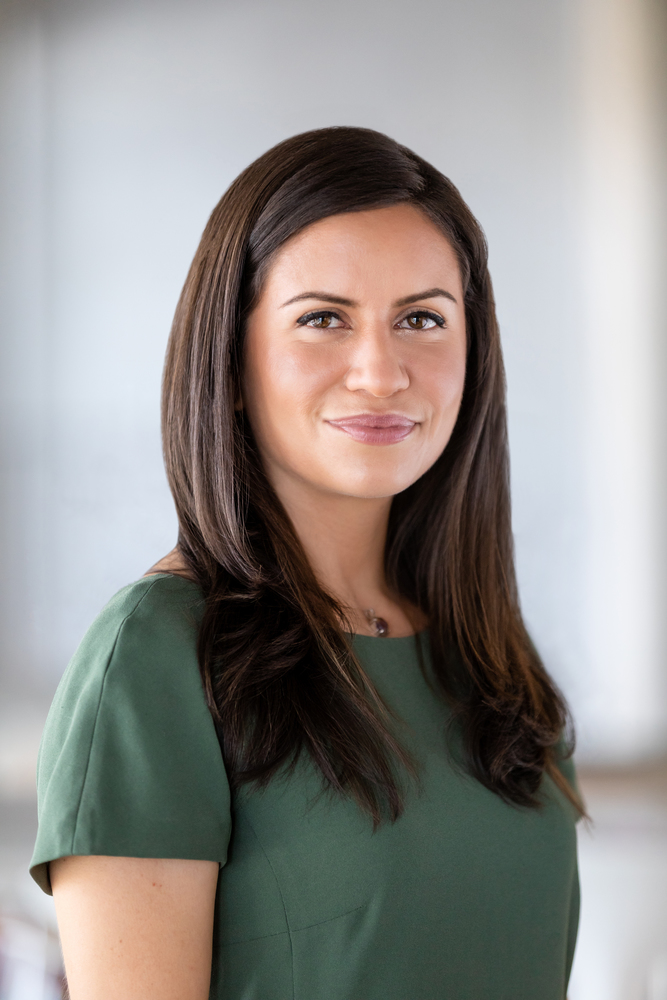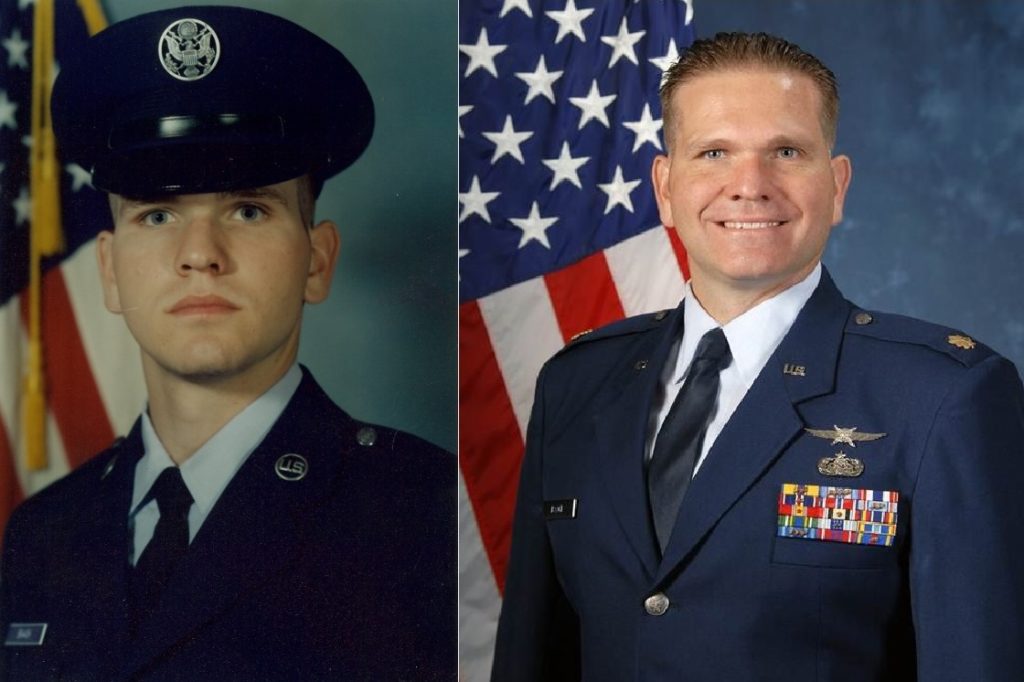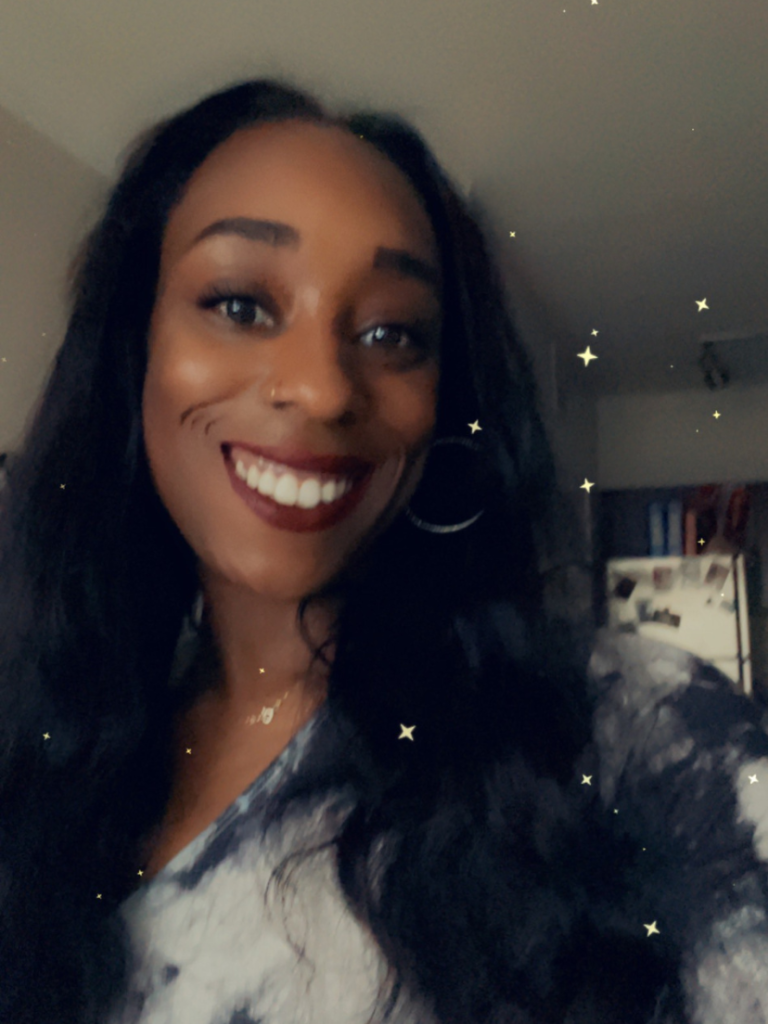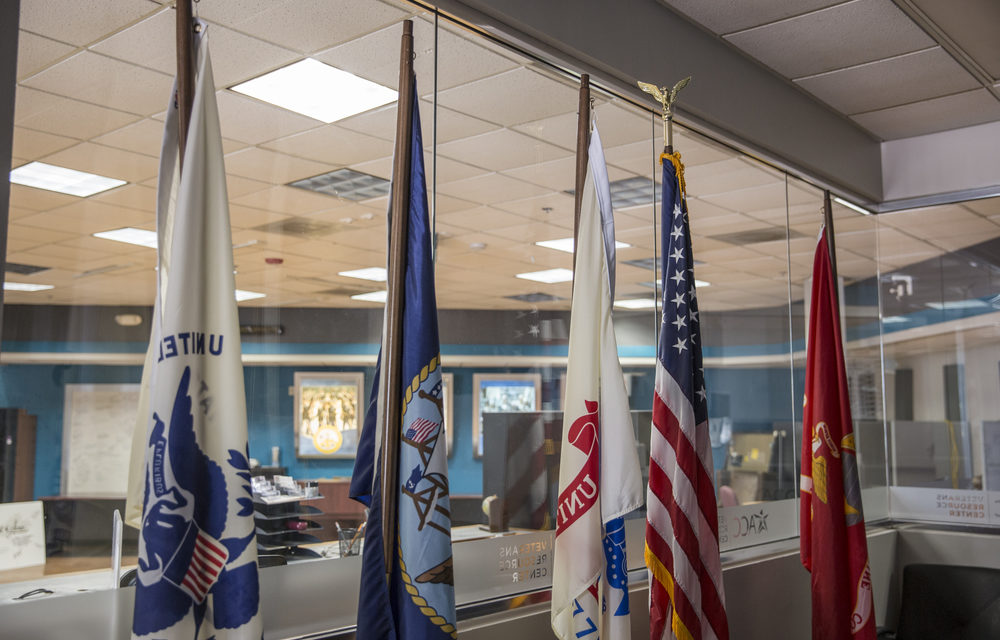On Veterans Day, Austin Community College District (ACC) honors those who served in our nation’s military. The college is honored that hundreds of veterans have chosen to work or explore a new career at ACC. In recognition and appreciation of their service and dedication, we asked some of them about their service and what Veterans Day means to them.
Kelly Torrico
Kelly Torrico is the college’s inaugural employee relations officer. She started her role in May 2022.

In which branch of the military did you serve and for how long?
U.S. Army for 16 years and counting…7 years active, the rest in the Reserves.
Why did you join the military?
I grew up an Army brat. My dad joined in order to get his citizenship. He and his family were under Refugee status after fleeing Bolivia during a time of political unrest. Because of my experience growing up on bases around the world, vets always felt like family, and still do, whether we just met or we’ve known each other our whole lives. I enlisted in the Army out of high school with dreams of serving in Special Operations; particularly Civil Affairs, which is largely humanitarian.
What was your rank and/or position(s)?
When I joined, I worked alongside non-governmental organizations, other U.S. and foreign military, and aide organizations to build trust in places where our military is conducting operations. I started college at the University of Wisconsin 1.5 years later and participated in the “Green to Gold” program which allows an enlisted soldier the opportunity to earn a commission and become an officer. I earned a congressional commission and, as a new lieutenant, had to join a primary branch instead of staying in Special Operations. I chose the Adjutant General (personnel) branch where I continued supporting Special Operations units from the human relations side. I also was a divisional Judge Advocate General (JAG) liaison investigating and managing cases of sexual assault and/or harassment. Once I reached the rank of captain, I had the opportunity to return to Special Operations, this time choosing to go through the arduous selection process and training for Psychological Operations. I’m currently a captain promotable and hoping to make major next year.
Where did you serve?
In-country I was stationed at Ft. Knox, KY; Ft. McCoy, WI; Ft. Jackson, SC; Ft. Bragg, NC; Joint Base Lewis McChord, WA. I supported OIF and OEF deployments in Iraq and Afghanistan, respectively; Horn of Africa; and Thailand.
What does Veterans Day mean to you and how do you celebrate it?
Similar to how people might send cards to far-flung friends and family during holiday seasons, Veterans Day is a time for veterans to reconnect — whether a text or call, or getting together for some of the free lunches/dinners so many restaurants offer veterans on the day.
I have a 15-year-old brother and his school asks students who have veteran family members to share their stories and sometimes even invites them in to speak. It’s been a tradition for my dad and I to come talk or submit a video talking about what it means to serve. That’s been a really important tradition for my family.
Dr. Sharon Butler
Dr. Sharon Butler is an ACC Student Development professor. She has worked at ACC for 27 years and is retiring at the end of this fall semester.

In which branch of the military did you serve and for how long?
U.S. Air Force Reserves for 11 years and Texas Army National Guard for 13 years.
What was your rank and/or position(s)?
Air Force: Staff Sergeant, Military Police/Paralegal
Army: Major, 70H, Medical Services Corps – Health Services Plans, Operations, Intelligence, Security and Training
Where did you serve?
Bergstrom Air Force Base, Austin, TX; Randolph Air Force Base, San Antonio, TX; Deployed Desert Storm/Desert Shield to Saudia Arabia and United Arab Emirates Dubai; Deployed Operation Enduring Freedom to Kosovo; Deployed Operation Iraqi Freedom.
Why did you join the military?
I was an Air Force-dependent wife that eventually became a single parent. I loved the camaraderie of the military community, the role in keeping our nation safe, and the priceless benefits. One of those benefits is education financial assistance that supported my higher education achievements.
What does Veterans Day mean to you and how do you celebrate it?
Recognition of those who swore allegiance to “This We’ll Defend” — the first Army motto used by the Continental Army during the American Revolution in 1778. Honoring those who served willingly, those who were drafted, and those who gave the ultimate sacrifice — killed serving our country.
How did the skills you learned in the military translate into your life/education/career afterward?
I am disciplined; I give 150%; I care deeply; I lead from the front, middle, and back; I plan and I execute; I am driven; I have a strong work ethic; and I value teamwork.
What do you want people to know about our veterans?
Sacrifice is the ultimate vertex of patriotism and all of us took the Oath of Enlistment — sworn allegiance. We continue to live the creed of “selfless service,” asking for nothing in return. A simple “Thank you for your service” makes it all worthwhile, and if I had to do it all over again, I wouldn’t change a thing!
Curtis Baack
Curtis Baack is an associate professor in ACC’s History Department. He has worked at ACC for seven years.

In which branch of the military did you serve and for how long?
I served in the U.S. Air Force for 22 years.
What was your rank and/or position(s)?
I first served enlisted as an airman basic, rose to staff sergeant, and then, after 10 years, I was commissioned as a second lieutenant and retired as a major. I was in communications and also served as a tech school instructor and then as an assistant professor in the History Department at the Air Force Academy.
Where did you serve?
I served all over the United States — California, Wyoming, Texas, Florida, and Colorado. I also did tours in South Korea and Iraq.
Why did you join the military?
I joined the military for a lot of different reasons: adventure, travel, education, family tradition, and to become more independent. But the biggest reason was to belong to something bigger than myself, to help preserve the ideals of this country, and to help protect the freedoms that Americans hold dear to their hearts.
What does Veterans Day mean to you and how do you celebrate it?
It is a time to pay tribute to the veteran families, both past and present, and recognize the sacrifices they made for all of us.
How did the skills you learned in the military translate into your life/education/career afterward?
The military is focused on teamwork, followership, and leadership. Those skills have stayed with me beyond the military and into the civilian world. My first experience teaching was back in 1999 at Sheppard Air Force Base when I taught basic telephone repair skills to the new airman. I fell in love with teaching, and I am grateful to be able to continue to teach after my military career ended.
What do you want people to know about our veterans?
It is not just about the veteran; it is the whole family that serves. Without the support of the veteran’s spouse, children, and parents, none of this would be possible. The families make the biggest sacrifice by giving up their spouse, son or daughter, mom or dad.
How do you stay connected to the military?
I am a member of the local chapter of the American Legion.
Jazmine Brannon
Jazmine Brannon is a veteran peer advisor at the Veterans Resource Center (VRC) and has been at ACC for about a year and a half.

In which branch of the military did you serve and for how long?
I served in the U.S. Army.
What was your rank and/or position(s)?
I was a human resource specialist.
Where did you serve?
I served in a couple of places, but I really enjoyed serving in Daegu, South Korea. It was an amazing experience, and I learned a lot from the Korean military, like to be grateful I have a choice to serve because they do not.
Why did you join the military?
I joined right after I graduated high school. My mom passed away my senior year, so I didn’t get a chance to go on college tours and apply. I didn’t really know what to do. My uncle and aunt are also in the military, and they are the ones who convinced me to go.
What does Veterans Day mean to you and how do you celebrate it?
To me, it symbolizes a day of reflection. Veterans Day should be a day to remember the consequences of war. To remember those who gave up their lives to serve for a country, to serve for people that you don’t know personally, to serve for some that take soldiers for granted.
As a Black woman in the Army, I knew I was serving for people who hated me just because of the color of my skin. But, I did it anyway. Like many people of color, we experience racism in and out of the military, yet we still serve. Veterans Day should be a day to remember those who put their differences aside to come together. During World War I, we lost an estimated 117,000 people. In the Vietnam War, we lost an estimated 58,000 soldiers. These are people who lost their lives and families who lost their loved ones. In history, we don’t focus on those soldiers but rather on the ones who made the decision to send those soldiers. But, even if you did not serve overseas or during wartime, you should still be acknowledged for serving in the military — it is not easy. Yes, it takes some physical strength, but it also requires a great amount of mental strength. There is a saying: “Succeeding in the military is 10% strength and 90% mental.”
How did the skills you learned in the military translate into your life/education/career afterward?
I learned discipline, of course, but I also came out with knowledge. I learned to be calm and alert in situations. I learned to suck it up, drink water, and get back to work. I learned never to ask anybody to do anything that you wouldn’t do yourself. I learned to pay attention to detail.
What do you want people to know about our veterans?
What I want people to know about veterans is that so many — too many — are suffering with their health (mentally and physically, but mostly mentally). Many are struggling to get benefits. At the VRC, we get a lot of veterans asking if we know any charities to help with rent, car payments, electricity bills, etc. It is even harder to get the help you need for your mental health. Many veterans do not have access, or do not know how to get access, to mental health services. Many veterans are suffering to find themselves as individuals after spending so much time being taught to think and behave collectively (if that makes sense). There are just not enough services that provide adequate help for veterans. And we aren’t being ungrateful, we are very grateful for what we do get. But, in today’s economy with rent, gas, and food prices going up, it’s just not enough to sustain a stable lifestyle. Furthermore, it isn’t that easy for veterans to get a job, contrary to what people think or are told.
How do you stay connected to the military?
By working at ACC’s Veterans Resource Center. I also go to group therapy provided by the Veterans Affairs where we can talk about our mental health. The main thing the Army did for me was to give me lifelong friends and family.

